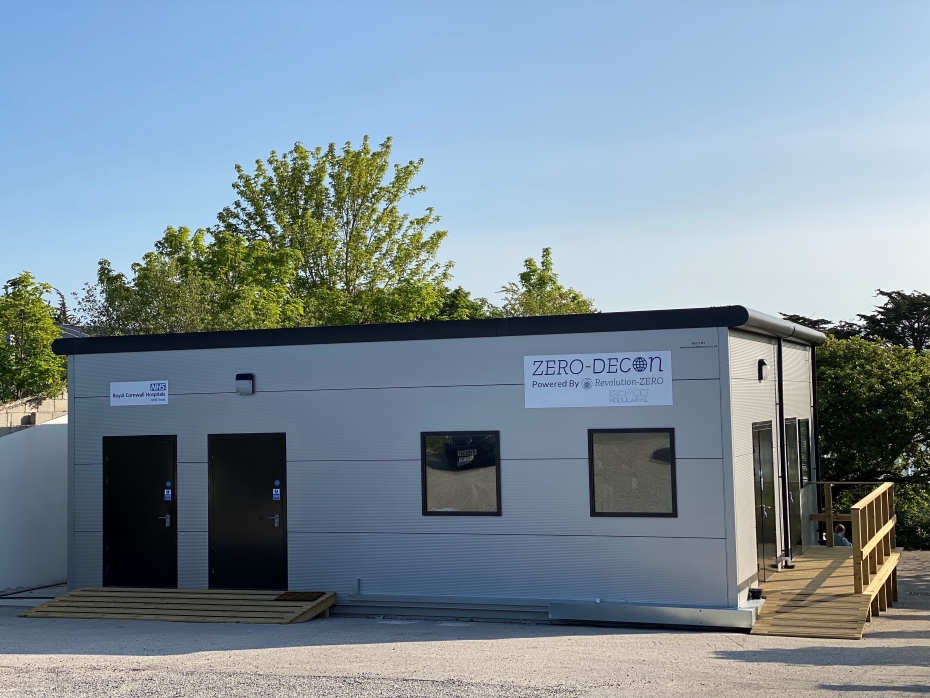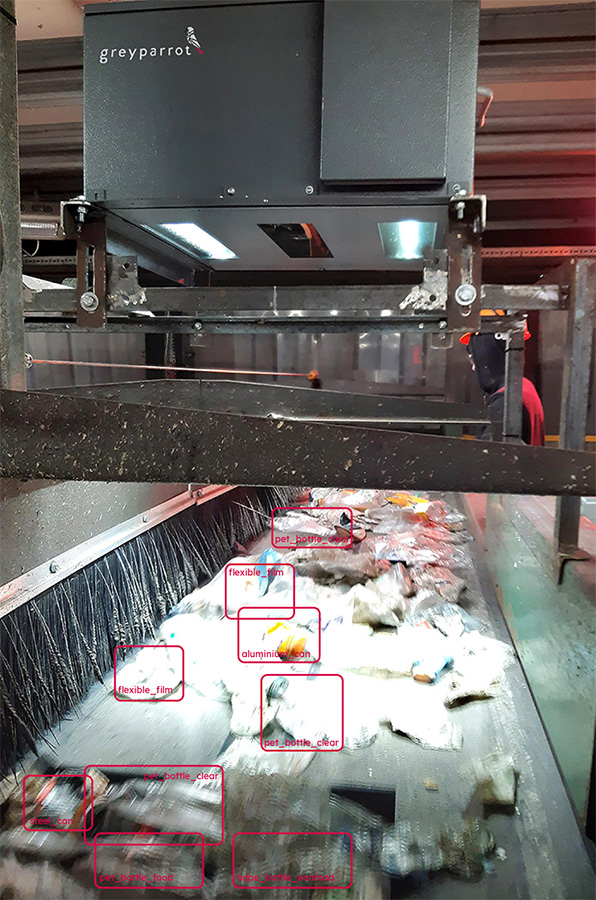Dundonald Links Golf Club in Scotland announced this week that none of the waste that it produces on site is being sent to landfill, while food manufacturer Birds Eye revealed that it has cut the amount of waste it is sending to landfill by one fifth over the last 12 months.
Birds Eye has been working with waste contractor Biffa to implement a waste programme which aims to see the company send zero waste to landfill across its UK facilities by 2014.
The waste management firm put in place procedures to improve recycling rates and the company now composts waste potatoes and other vegetables that are not fit to be used as animal feed. And a waste cooking oil collection service has also been introduced, with the waste oil used to produce bio-diesel to power 40 of Biffas collection vehicles.
Food waste is composted at Biffas 120,000 tonne -per-year capacity anaerobic digestion facility in Cannock, Staffordshire, which the company opened in June 2011 (see letsrecycle.com story).
Reduction
The steps have seen a 21% reduction in the amount of waste that Birds Eye has sent to landfill over the last 12 months.
Biffa Integrated Waste Management general manager Edward Pigg, said: Birds Eye is dedicated to reducing waste and its their enthusiasm and dedication which have ensured recycling rates have increased over the last 12 months whilst general waste volumes have dropped. Were confident that Birds Eye can meet its zero waste to landfill targets before its 2014 target.
Biffa is working with Birds Eye to find markets for recycled materials whilst reducing spend on waste disposal. It is a good example of how food manufacturers can improve environmental performance and reduce long-term costs by putting waste management at the centre of their day to day operations.
Dundonald Links
The announcement by Dundonald Links Golf Club in Ayrshire, Scotland comes after the club introduced an improved waste management policy in 2007. Dundonald Links is one of Scotlands most prestigious golf courses and has played host to a number of professional and amateur tournaments, including pre-qualifying for the European Tour and the Senior British Open Championship.
Materials including card, paper, plastics, scrap metal, food, timber and green waste are separated by staff on site, and collected and reprocessed by the clubs waste contractor William Tracey Recycling.
Mixed glass collected from the Club is reprocessed into glass aggregate which is used for pipe bedding and slab laying, while William Tracey sends all of the Clubs food waste to anaerobic digestion facilities.
Waste pallets are also recycled, with those in a repairable condition mended and resold and others chipped and used to light fires to control over grown gorse bushes on site. Card, paper, plastics and aluminium are sorted and baled at William Traceys material recovery facilities and sent for reprocessing.
The Clubs director of Golf, Guy Redford, said: The commitment and teamwork from all the staff through the years has been tremendous. All staff training has been received in a positive manner and played an integral part in getting everyone on board. The combined efforts of the Club and the William Tracey Group have taken us one step closer to our goal of sustainable golf.
We believe we are the first links golf club to have achieved zero waste and hope that we can act as an inspiration to other clubs in creating a waste free, friendly environment for golfers and wildlife.









Subscribe for free